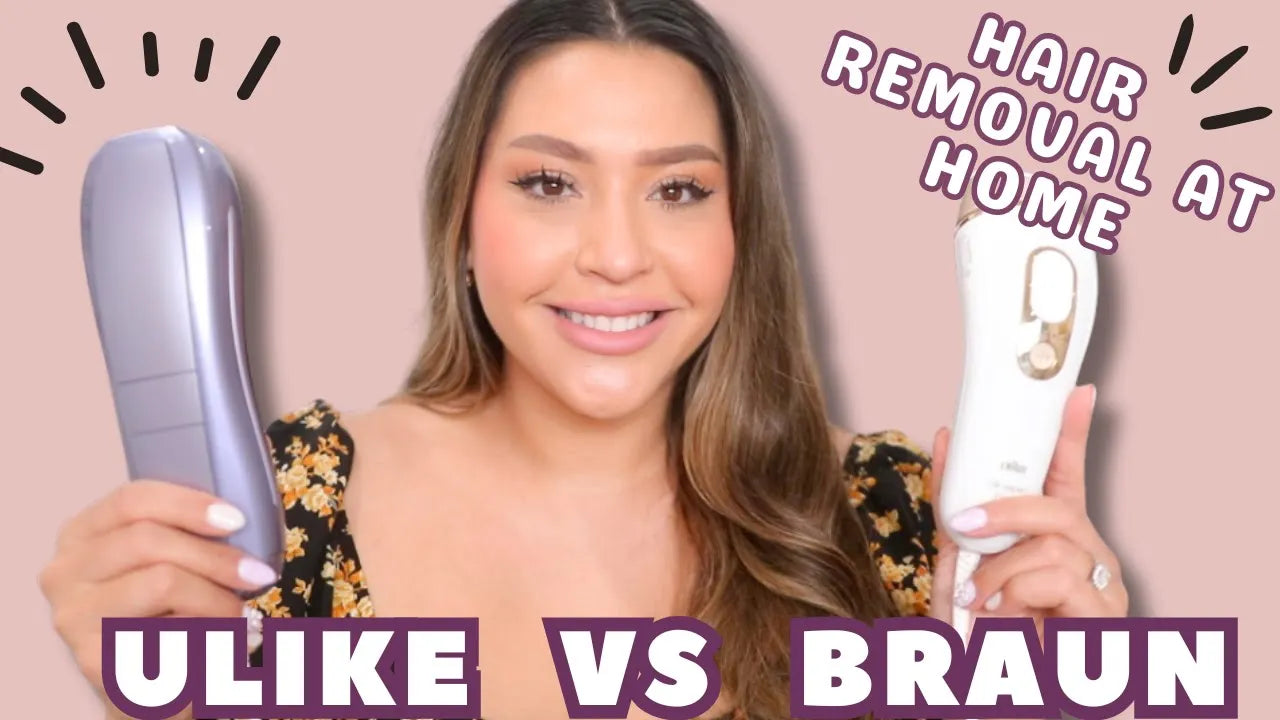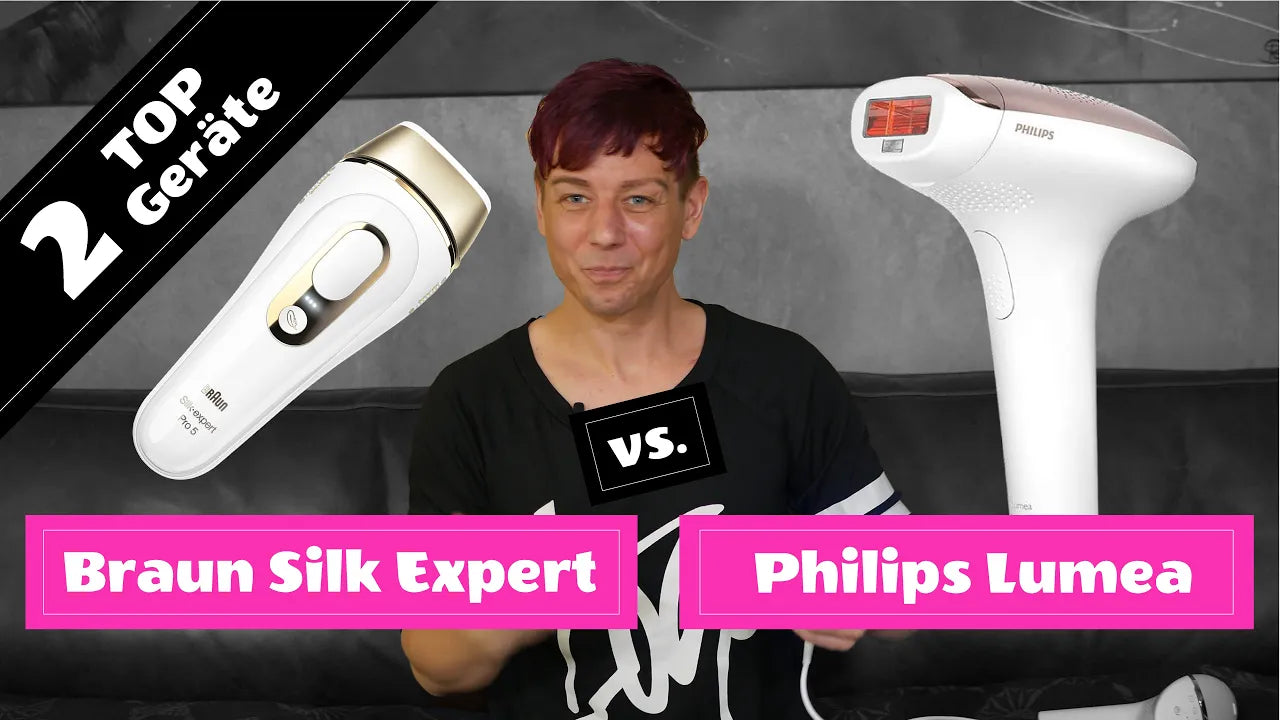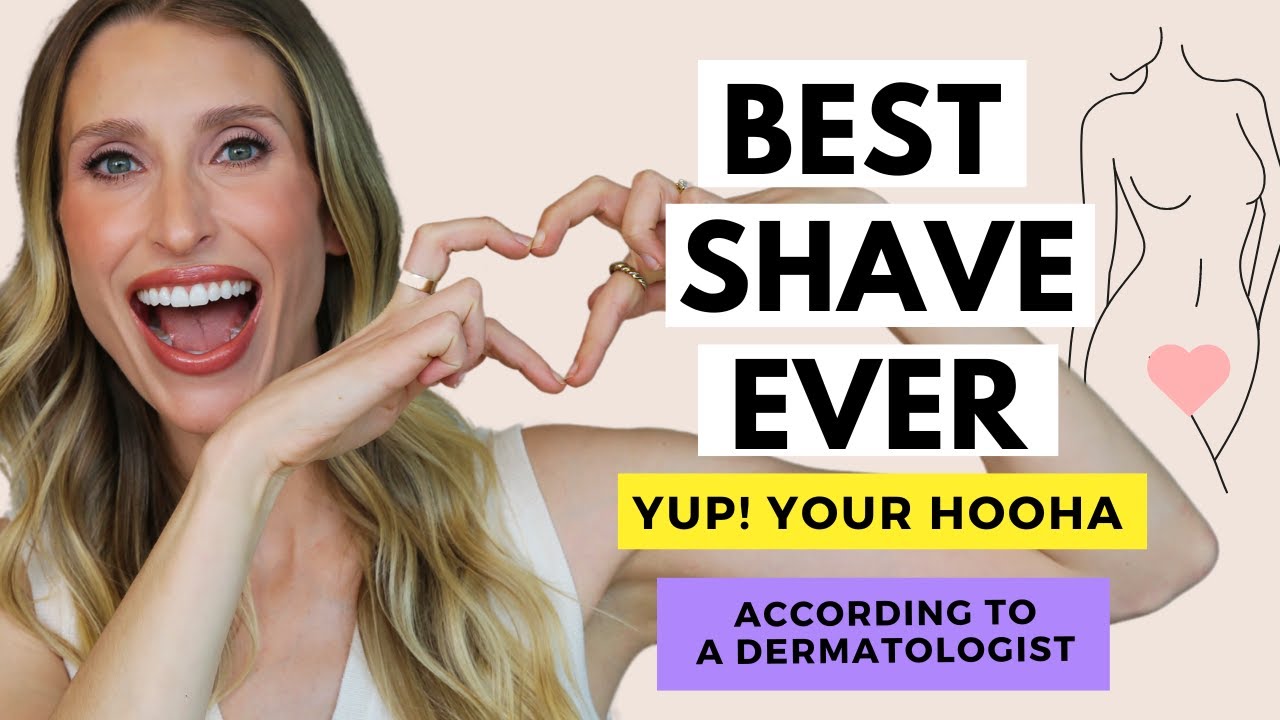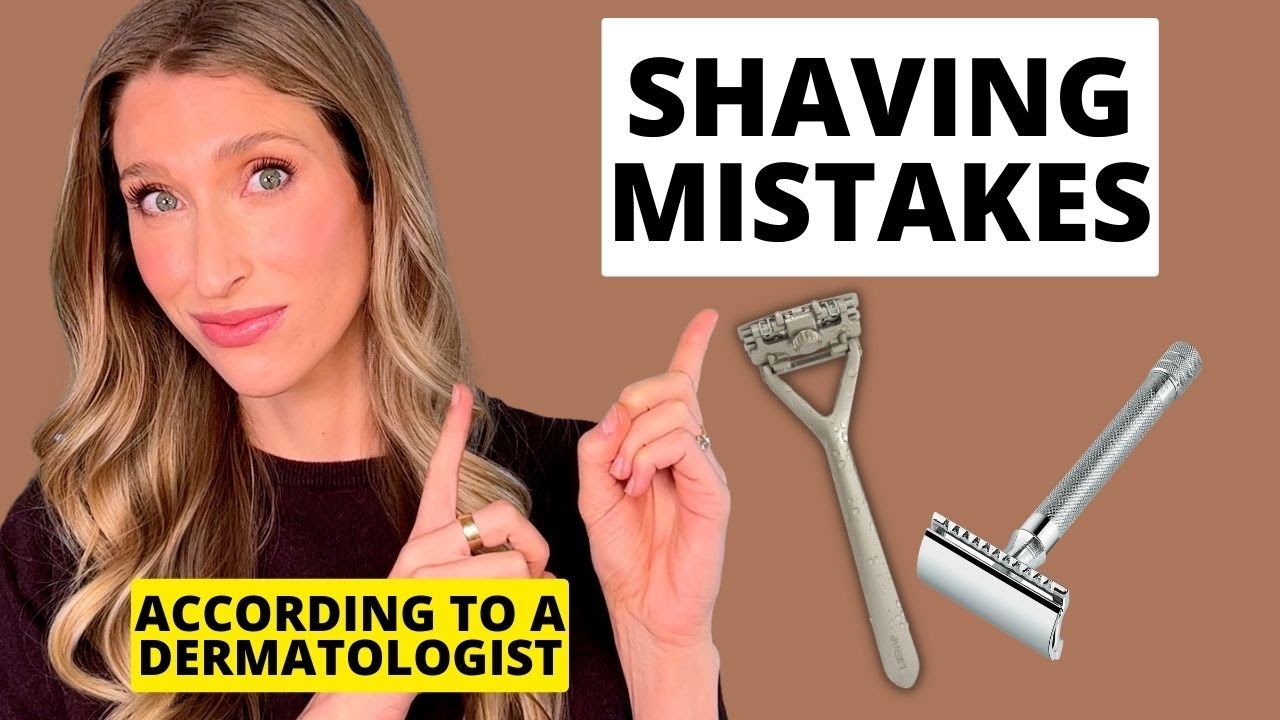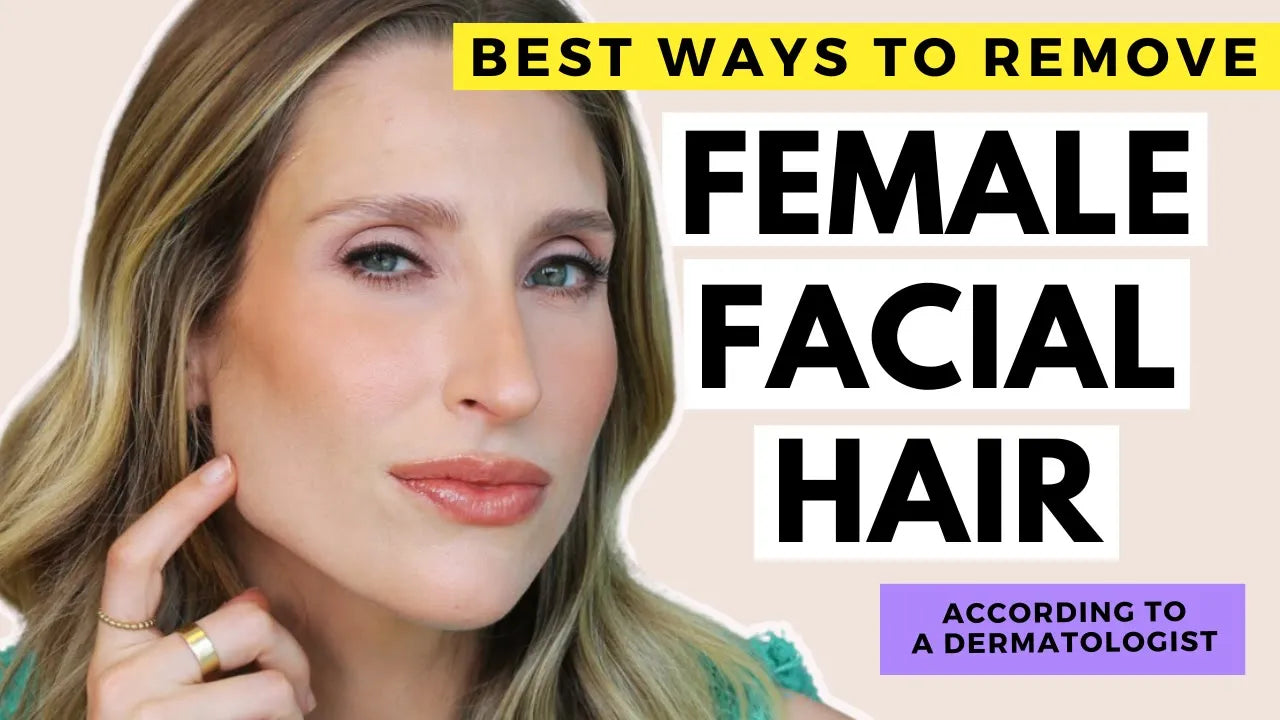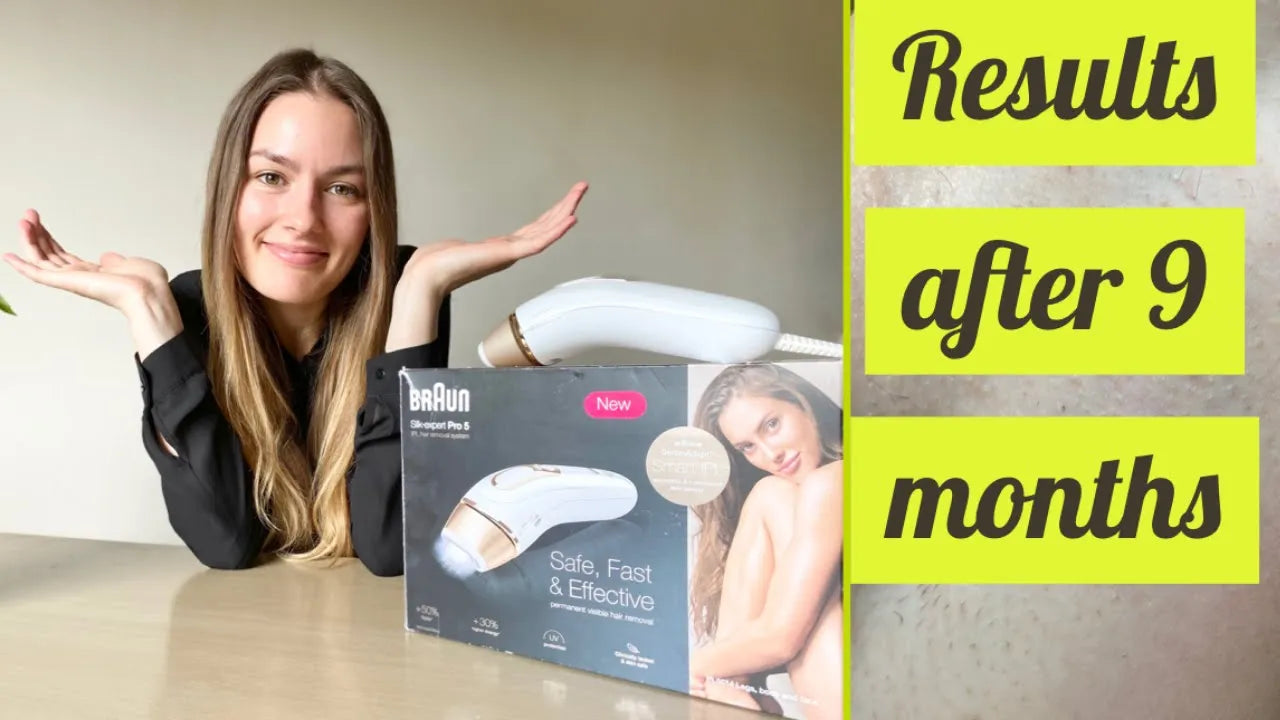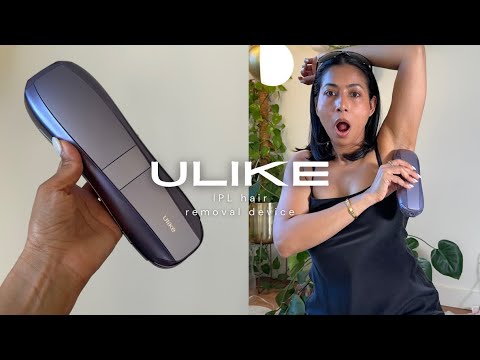September 3, 2023, in Articles > Baha'i Life, by Nadia Kardan
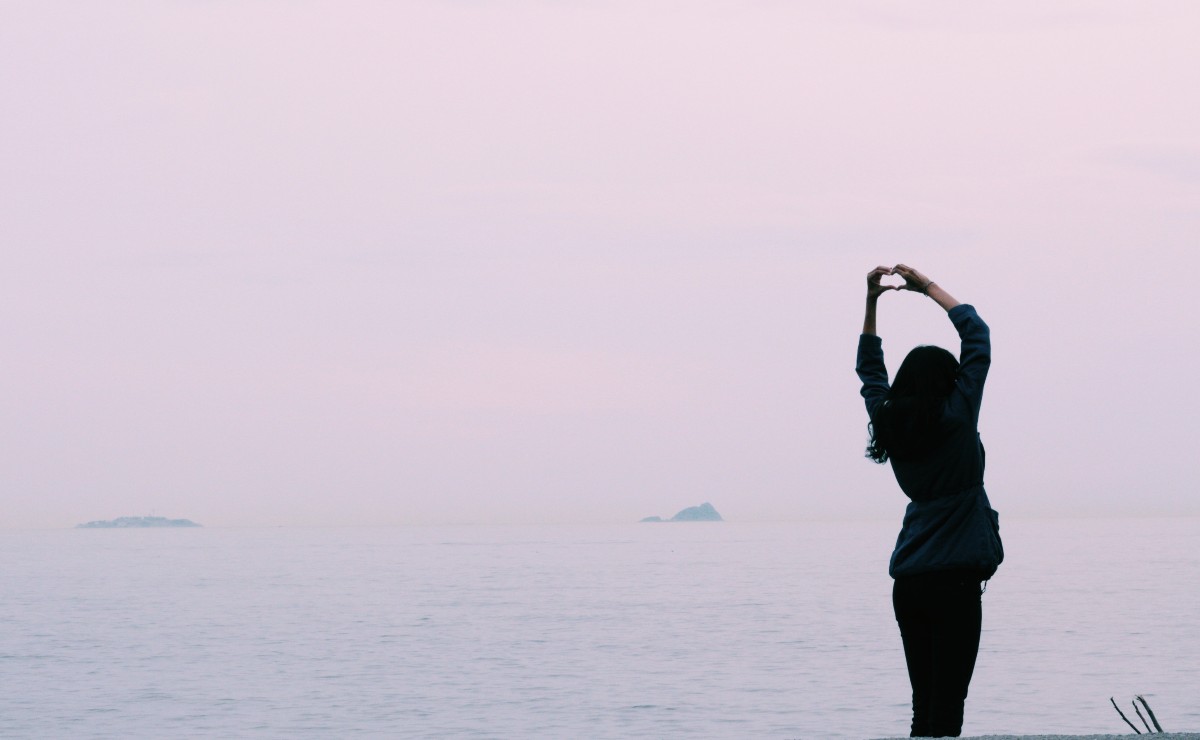
There has never been a time in my life when I wasn’t self conscious about my body hair. Being half-Iranian, I have dealt with thick black hair–everywhere–that grows with impressive force. My Finnish side has granted me extremely fair skin, which has only ever highlighted the body hair I’ve always hated.
I went to middle school in the early 2000s. Pencil thin eyebrows were all the rage, so I over plucked mine to oblivion. I obsessively shaved my legs and arms. I explored different razors and hair removal creams and spent days preparing to wear a bathing suit. Eventually, I got tired of the labour that went into achieving the smooth legs I dreamed of. My skin was littered with black dots, red bumps, and nicks. Instead, I rarely wore shorts. I’d rather have been hot and uncomfortable than have suffered the embarrassment of “missing a spot” or showing off my strawberry legs.
I never thought it was fair that I agonized over the appearance of my legs. It wasn’t fair that it occupied so much of my thoughts and dictated the clothes I wore, especially when I knew men never considered it. If I revealed my stress about shaving, I’m sure many would have told me to just stop.
I also knew I couldn’t just “stop shaving.” Without a doubt, I knew that showing off my unshaved legs in all their glory would have only invited ridicule. I’d have been called dirty and manly–I would be flouting the standards of womanhood. Generally, I would be “ugly” and “ugly” would outcast me.
Having a smooth, perfectly hairless body was a standard only expected of women, but I never heard people talk about how difficult maintaining that standard was and how that difficulty varied across ethnic groups. I never heard people talk about the injustice of being expected to constantly remove hair at the risk of being labeled dirty. No one mentioned the hypocrisy of it being okay for men to have long hair in their armpits but nasty when women had it in the same, smelly, place. I hated the injustice and still–I hated my body hair. What was the balance then?
Shoghi Effendi wrote:
. . . you should not neglect your health, but consider it the means which enables you to serve. It – the body – is like a horse which carries the personality and spirit, and as such should be well cared for so it can do its work!1
Not shaving invited stress into my life. It invited ridicule that– no matter how unfounded, unfair, or unjust it was–still existed. It added a burden to my life that I didn’t need when I had far more important things to worry about, like a career, friends, and service to my faith.
Thus, I underwent laser hair removal. Silly or arbitrary as it sounds, it changed my life by eliminating an insecurity that had dominated so many of my days.
Did undergoing laser hair removal make me a bad feminist? Was it a sign of me cowering to society’s beauty standards? Was I a hypocrite by criticizing these standards, yet abiding by them?
Maybe, but I was sure I was a woman making an autonomous decision about her own body. I was someone who decided that caring for my body in this aesthetic way would make my life easier, and it would better enable me to exist and to serve in the society I lived in.
Despite my new found hairless freedom, I knew I had to be careful:
No matter how handsome and perfect the body may be, if it is deprived of the spirit and its animus, it is dead. But when that same body is affiliated with the spirit and expressing life, perfection and virtue become realized in it.2
Abdu’l-Baha reminds us: beauty and perfection by material standards is not enough. It would make my life easier, yes–but how would I use that new ease to serve others?
For one thing, I’m open about cosmetic procedures, especially to girls and women younger than me. As a teenager, I chased the idea of having perfectly smooth legs because I thought that was normal and that I was a kind of mutation. What else would explain everyone’s seeming silence about the topic and the appearance of completely smooth skin in magazines? I know now that legs devoid of any bumps or black dots are virtually unachievable without laser hair removal for most women. Having that realization removed the idea that I was an anomaly, or weird. It reminded me that hairlessness isn’t natural; in fact–it’s only permanently achieved through a rather painful, expensive, and lengthy process.
Second, I remind myself and others that while beauty standards might occupy our reality, they’re not actually universal truths because they are constantly changing. As a teenager, I thought I was an alien for having thick eyebrows when society told me thin brows were beautiful. As an adult, full brows are desirable.
Most importantly, I ask what will make me happy. What will make me feel the freest, the most like myself? Sometimes it’s flats instead of heels. Often, it’s a red lip and flat ironed hair. Many times, it’s just sweatpants. It could be listening to the voice inside my head that says I really want a manicure, or the one that says that I don’t think painted nails matter all that much.
It’s never ascribing personality traits to an aesthetic appearance. There is nothing dirty or unfeminine about existing with body hair as a woman. There is nothing ditzy about choosing to wear makeup. It’s finding that balance of caring for our bodies and realizing that simultaneously, “the spirit” is what matters.
Finally, it’s always reminding me to be kind to myself. I am my own worst critic. Baha’u’llah wrote:
Noble I made thee, wherewith dost thou abase thyself?
Who am I to speak of myself, a being of God, made in His image, with harsh words and criticism, especially about something I have little control over?
I’m a middle school teacher. Earlier this year, I caught a glimpse of myself in the mirror and saw my eyeliner had smeared below my waterline. Horrified, I rubbed it away and wondered out loud why no one told me how awful I looked. I turned to look at my student, a ten year old girl, who stared back at me and said,
“Ms. Kardan, you’re beautiful. I think it makes you look like a rock star.”
I was so moved by such a simple declaration and asked myself what I would have thought if that ten year old girl spoke of herself so negatively the way I just had. Worse, I thought of the example I was setting for her, and the unjust society I was contributing to.
I thanked her and told her I shouldn’t have said such a thing about myself. She smiled.
Hair on or hair removed, makeup perfect or not, nails polished or broken, bodies bigger or smaller, taller or shorter, darker or lighter–we’re noble beings first. Our lives are for service to each other. Let us find the balance between comfort in our bodies whilst prioritizing our souls because our purpose is to serve one another, with no prejudice towards any human being.
- Shoghi Effendi, The Importance of Prayer, Meditation and A Devotional Attitude, p. 19 [↩]
- Abdu’l-Baha, The Promulgation of Universal Peace, p. 303 [↩]
Posted by Nadia Kardan is a writer, schoolteacher, and active feminist. In addition to teaching full time, and finalizing her first novel, Nadia hosts weekly devotionals entitled “Feminism and Spirituality” designed to deepen attendees on the the spiritual solutions to gender equality and on the laws of the Baha’i Faith. She lives in New York City with her cat Emma. Connect with her on https://www.nadiakardan.com/








